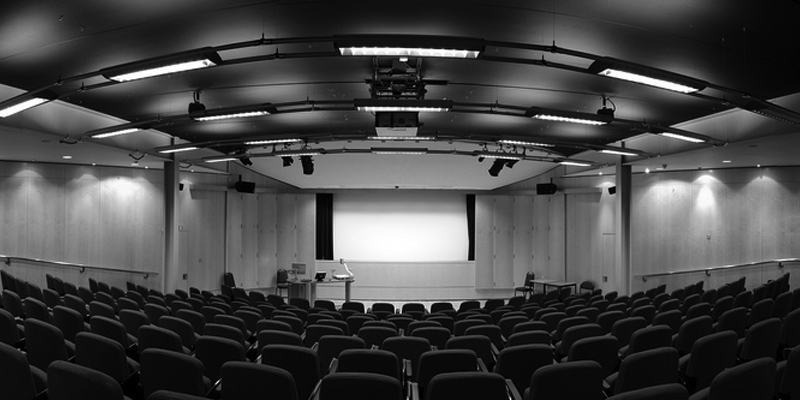Social, inclusive and collaborative: a new model for education
Is it called higher education because it is literally beyond the reach of some? The UK rightly prides itself on a world class higher education system, a system which attracts admiration, and overseas students, from around the world. A system built...
Is it called higher education because it is literally beyond the reach of some?
The UK rightly prides itself on a world class higher education system, a system which attracts admiration, and overseas students, from around the world. A system built up over hundreds of years and which is now educating significant numbers of students, albeit with significant costs attached.
Access to higher education is still very low in some parts of the country – in parts of Sunderland and County Durham participation rates are at just 16 per cent compared to some areas of the south east which enjoy participation rates of over 70 per cent.
Paul Willis’ Learning to Labour: How working class kids get working class jobs (1981) is a detailed study of how the secondary school system contributes to the normalisation of deep-rooted class divisions in education and thereafter throughout an individual’s life. Since then we have seen huge changes in the education system and in higher education with outreach initiatives, the Aim Higher campaign (cut by the government despite its successes) and the availability of loans and grants on an unprecedented scale.
Yet still we hold on to notions of ‘top’ and ‘elite’ in our education discourse. Just recently the Secretary of State of Education’s misinformed interventions in the GCSE curriculum has been ridiculed. This has not stopped him meddling in A-levels and the invitation to ‘top’ universities to help shape the curriculum.
Rather than a system which nurtures talent and attracts applicants with a propensity to succeed from wherever they come from we reward performance on the day and pander to the views of elites. How can we have confidence in an alleged meritocratic public service when privilege, place of upbringing and wealth shapes life chances?
Does the UK establishment really have any desire to see genuine social mobility when it is against its very own interests?
This is not the rant of a lefty but an exasperated plea to policy makers to think afresh if some parts of the UK are not to be left isolated and poor for generations to come.
But what real hope is there with Labour now endorsing the coalition cuts and the higher education market reaping damage across the country as the botched up marketisation of higher education begins to have impact on the ground?
The coalition government has reduced higher education to basic instrumentalism with the notion that it is the individual and not society at large that benefits from university level education. But with the economy continuing to stall and senior economists like Robert Gordon at the HSBC predicting the end of western affluence (as his book When the Money Runs Out notes) one must ask what is it all for – this marketisation, this instrumentalism, the on-going reinforcement of class and geographical inequality?
Rather than pretend that things will ‘get back to normal’ should we not invest energy into a different social contract? A social contract which recognises the talent in everybody and which seeks to nurture social aspiration and a sense of community alongside monetary or commercial goals. One which celebrates diversity and places an emphasis on collective achievement over individual success.
But what can universities do? They can and should develop an admissions framework which recognises potential rather than judges performance on a given day through examinations. They can and should bring down costs given few students will be able to identify where their fees are going in tuition and service costs. They can and should release underused premises for community use given very few university estates are fully utilised throughout the whole year. They can and should address the academic contract which rewards staff for, in some instances, very modest outputs.
Far from being negative we can develop a perspective which is radically different from the current mayhem being inflicted upon the higher education sector. A perspective which focuses on a social model of education, an inclusive and collaborative model which has wider benefits than the earning power of an individual graduate.
After all the talk of the 1945 Labour government successes let’s not forget Harold Wilson’s government and the creation of the Open University, a university for the people, which has gone from strength-to-strength, keeping fees down and providing excellent education while supporting notions of community and wide ranging social participation.
It can be done and we need to do more of it.
